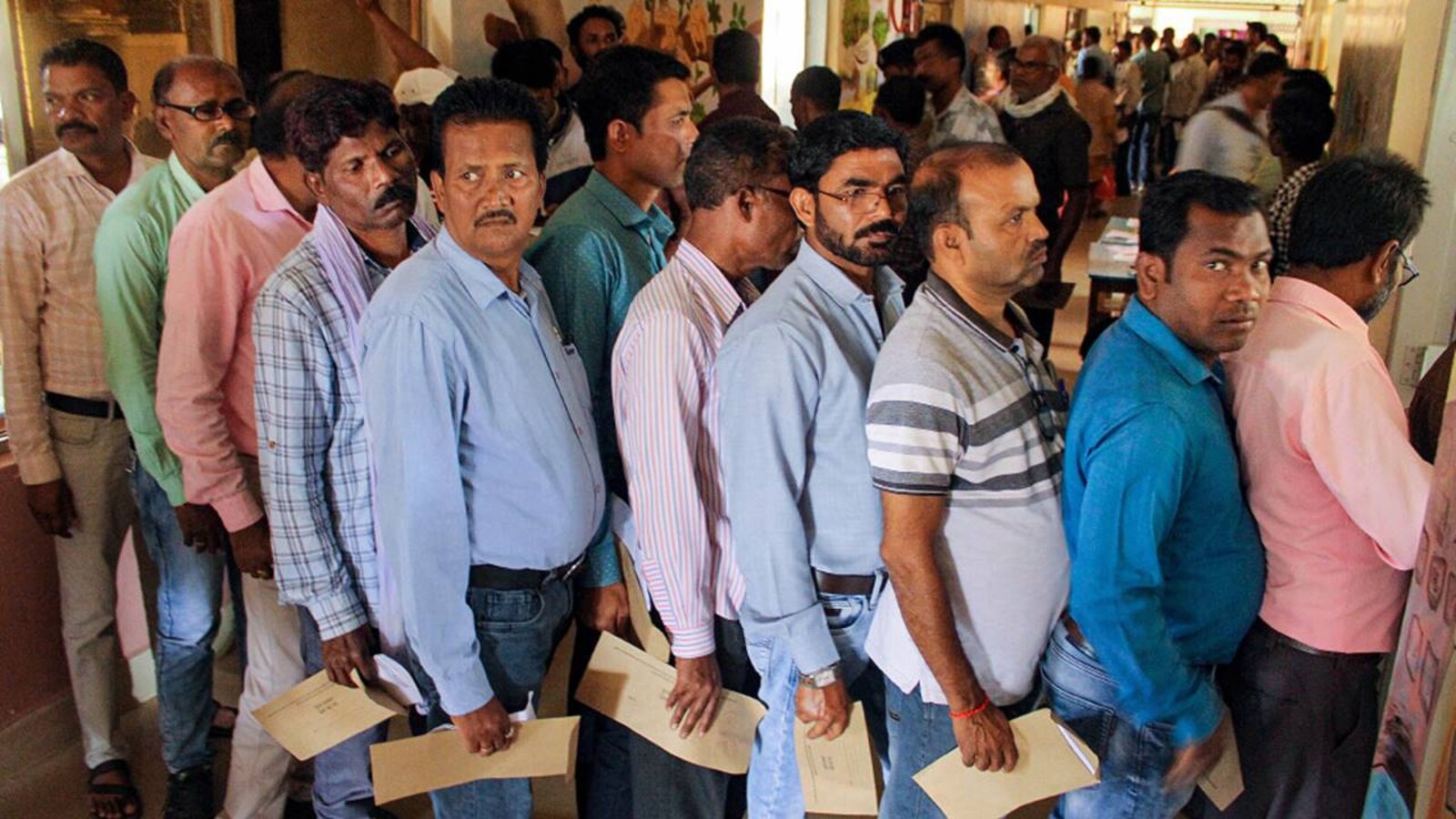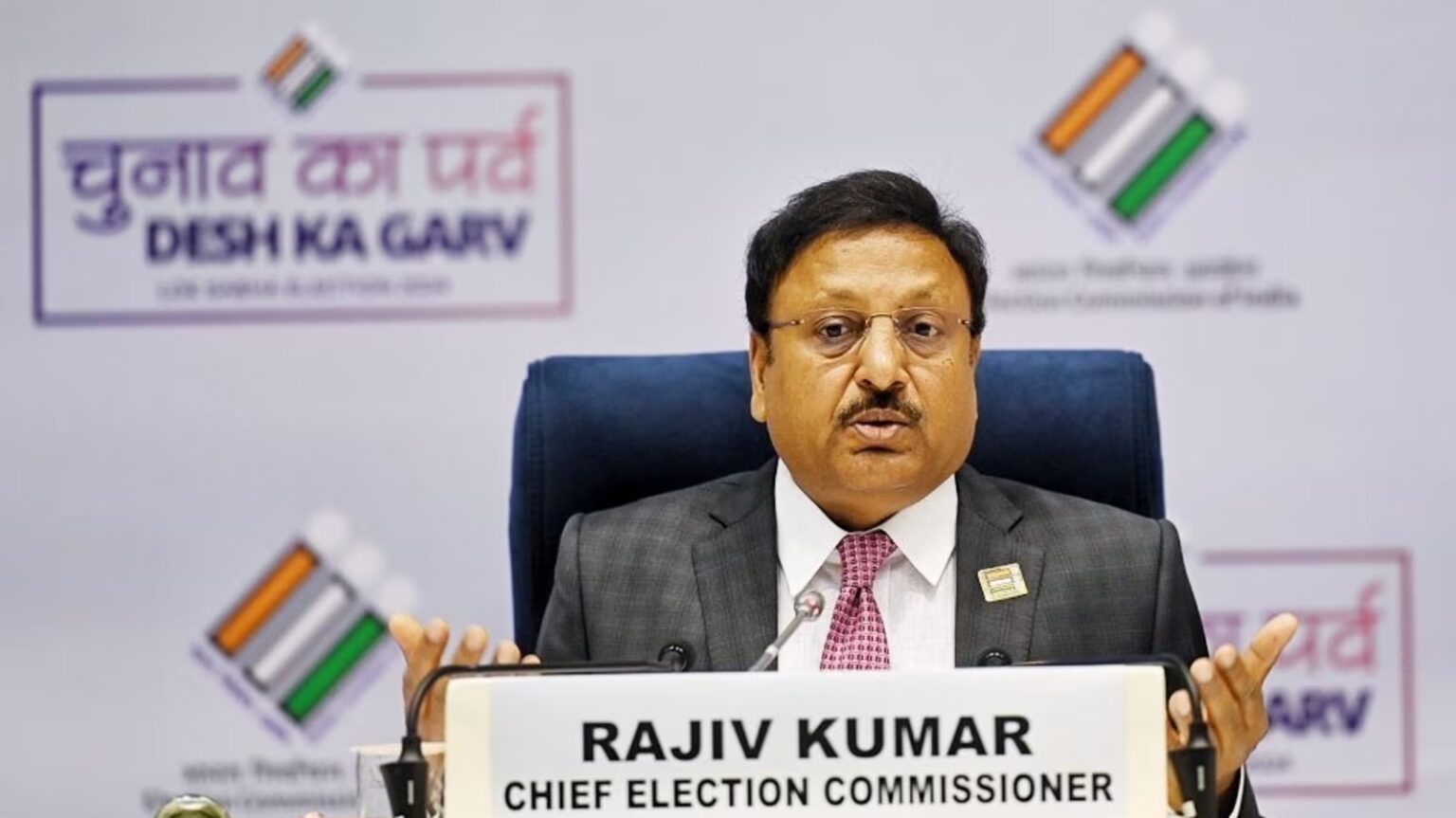India’s electoral landscape is a testament to its status as the world’s largest democracy, with an impressive scale that underscores the nation’s commitment to democratic principles. With a staggering 97 crore registered voters, the country boasts a vibrant electoral process that spans diverse regions, cultures, and communities. Accommodating such a vast electorate requires meticulous planning and infrastructure, exemplified by the deployment of over 10.5 lakh polling stations across the nation.
The sheer magnitude of India’s voter base reflects the country’s rich tapestry of diversity, encompassing a myriad of languages, religions, and socioeconomic backgrounds. From the bustling metropolises of Mumbai and Delhi to the remote villages of the Himalayas and the forests of the Northeast, every corner of India resonates with the democratic fervor of its people. This diversity is not merely symbolic but imbued with political significance, shaping electoral outcomes and policy priorities at both the local and national levels.

Source: Moneycontrol
At the heart of India’s electoral machinery lies its polling infrastructure, a sprawling network of polling stations designed to facilitate the democratic exercise of millions of citizens. With over 10.5 lakh polling stations strategically distributed across the country, electoral authorities ensure accessibility and convenience for voters, even in the most remote and marginalized communities. This monumental logistical undertaking involves meticulous planning, coordination, and deployment of resources to ensure smooth conduct during elections.
SOURCE:- BBC NEWS
Each polling station serves as a cornerstone of India’s democratic process, providing a neutral and secure environment for voters to cast their ballots free from coercion or intimidation. From urban schools and community centers to makeshift tents in rural hamlets, these polling stations symbolize the democratic ethos of inclusivity and participation, where every vote carries equal weight regardless of one’s background or status.
The significance of India’s electoral infrastructure extends beyond mere numbers, reflecting the country’s steadfast commitment to upholding democratic norms and principles. Despite logistical challenges and occasional instances of malpractice, India’s electoral process remains a beacon of hope for democracies around the world, showcasing the power of collective expression and peaceful transition of power.
As India continues to evolve and embrace technological advancements, its electoral machinery must adapt to meet the changing needs and aspirations of its citizens. From the introduction of electronic voting machines (EVMs) to initiatives promoting voter education and awareness, the country’s electoral system continues to evolve in tandem with its democratic journey.
In the final analysis, India’s 97 crore registered voters and 10.5 lakh polling stations symbolize more than just numbers—they represent the collective voice of a vibrant democracy, where every citizen has the opportunity to shape the nation’s destiny through the ballot box. As India marches forward on its democratic path, its electoral infrastructure will remain a cornerstone of its identity and aspirations for a more inclusive and prosperous future.
Share your views in the comments

